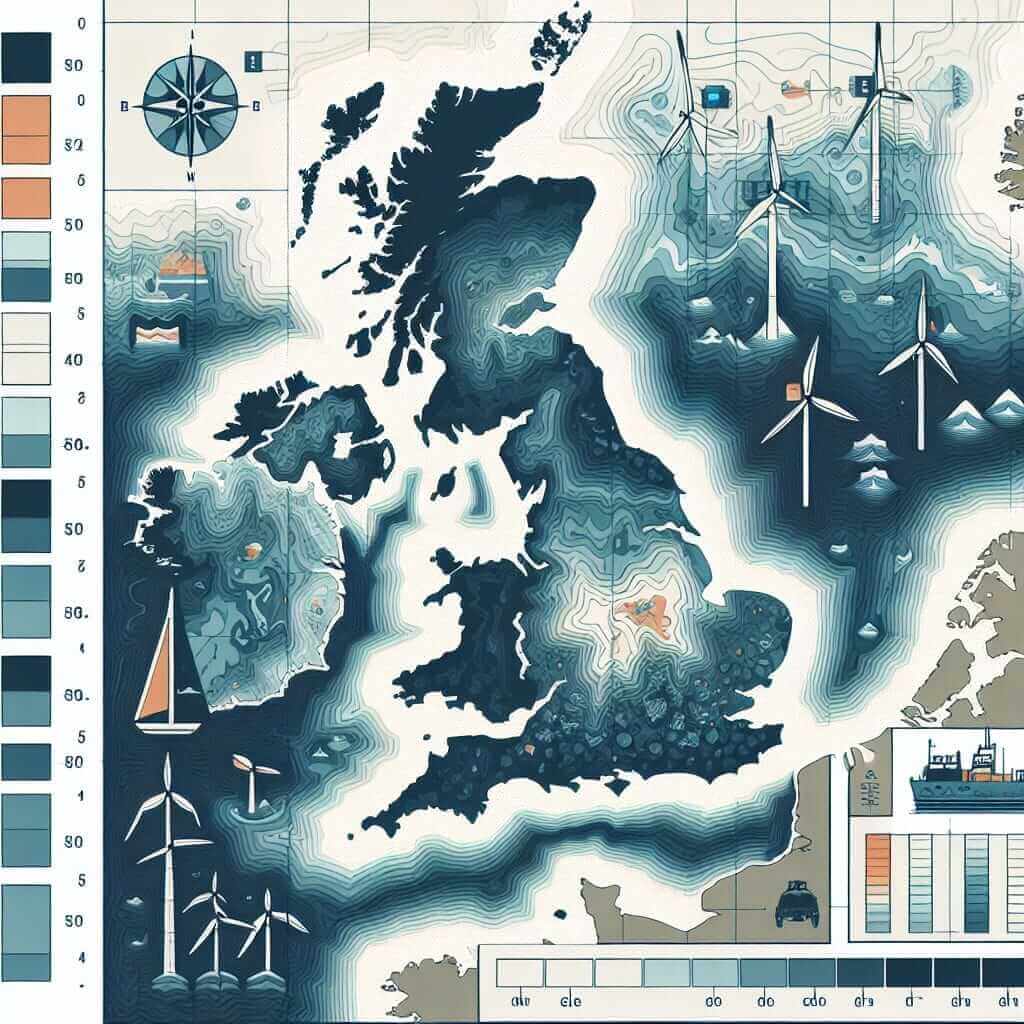As an IELTS instructor with over 20 years of experience, I often encounter questions about tackling the IELTS Writing Task 2. Many students find themselves grappling with topics that demand a nuanced understanding of global issues, and “renewable energy” is a recurring theme. One specific question that often arises is: “Will Britain turn its back on wave power?”. This question presents a fascinating opportunity to delve into the complexities of energy policy, environmental concerns, and economic considerations.
Understanding the Question: More Than Just “Yes” or “No”
Firstly, it’s crucial to recognize that this question isn’t seeking a simple “yes” or “no” answer. It’s an invitation to analyze a complex situation and present a well-structured, reasoned argument. To effectively address this, let’s break down the key components:
- “Will Britain…” – This signifies a future prediction, prompting you to evaluate current trends and potential future scenarios.
- “…turn its back on…” – This idiomatic expression suggests abandoning or neglecting something.
- “…wave power” – This pinpoints the specific renewable energy source in question.
Exploring Both Sides of the Argument
To construct a compelling essay, you need to explore both sides of the argument:
Arguments Against Britain Abandoning Wave Power:
- Vast Potential: Britain, being an island nation, possesses a significant coastline and abundant wave energy potential that remains largely untapped.
- Environmental Imperative: Transitioning away from fossil fuels to renewable energy sources like wave power is crucial in combating climate change and reducing carbon emissions.
- Energy Security: Relying on diverse energy sources, including renewables, reduces dependence on volatile global energy markets, enhancing energy security.
Arguments Suggesting Britain Might Turn Away from Wave Power:
- Technological Challenges: Harnessing wave energy presents technical hurdles, particularly in terms of cost-effectiveness and durability in harsh marine environments.
- Economic Viability: Compared to other renewables like wind or solar, wave power remains relatively expensive, potentially hindering large-scale investment.
- Competing Priorities: The UK government might prioritize other renewable sources or face pressure from industries advocating for alternative energy solutions.

Illustrative Examples from IELTS Writing Task 2
Let’s examine how this topic might appear in an actual IELTS Writing Task 2 prompt:
“Some people argue that wave power holds the key to solving Britain’s energy needs, while others believe it is an expensive distraction from more viable renewable sources. Discuss both views and give your own opinion.”
Responding to this prompt effectively demands a structured approach:
- Introduction: Briefly introduce the topic of wave power and its relevance to Britain’s energy landscape. State your intention to discuss both perspectives before presenting your own stance.
- Body Paragraph 1: Present the arguments in favor of wave power, highlighting its potential benefits for Britain’s energy independence, environmental sustainability, and economic growth. Provide specific examples and data to support your claims.
- Body Paragraph 2: Outline the counterarguments, acknowledging the challenges and potential drawbacks of investing heavily in wave power. Discuss alternative renewable sources and their relative advantages.
- Conclusion: Summarize the main points discussed, reiterate your own viewpoint, and offer a balanced concluding statement that acknowledges the complexities surrounding Britain’s energy future.
Tips for Success in IELTS Writing Task 2:
- Plan before you write: Spend a few minutes structuring your essay before putting pen to paper (or fingers to keyboard).
- Use clear and concise language: Avoid overly complex sentence structures and jargon. Focus on conveying your ideas effectively.
- Provide relevant examples: Support your arguments with real-world examples, statistics, or case studies to demonstrate your understanding.
- Proofread carefully: Grammatical errors and spelling mistakes can lower your score. Always allocate time for thorough proofreading.
Remember, the IELTS exam assesses your ability to present a well-reasoned, coherent, and grammatically accurate piece of writing. By following these tips and practicing regularly, you can confidently tackle any Writing Task 2 question, even those exploring complex issues like Britain’s energy future.